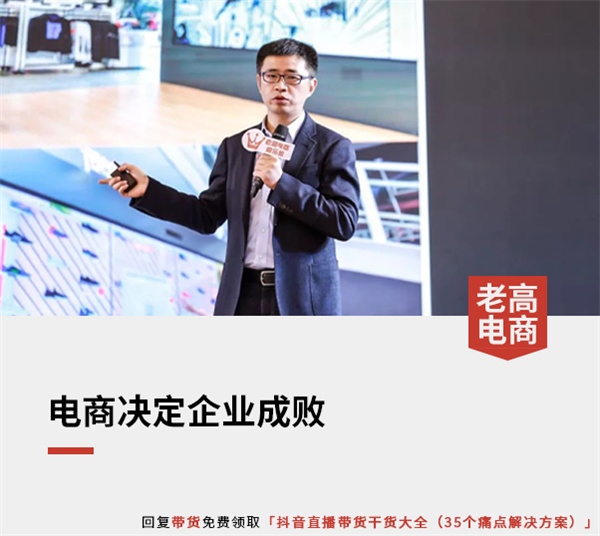
The protagonist of this October may be dominated by condiments!
During the National Day holiday just passed, the most lively thing on the Internet is that the whole nation has collectively "made soy sauce". Haitian soy sauce was collectively criticized and questioned by netizens for its double standards for soy sauce additives sold abroad and domestically.
The Haitian soy sauce incident has not yet subsided, and Lee Kum Kee has been on the hot search because of changing his coach and invited a tough character.
1. Lee Kum Kee's new coach has taken office
Four days ago (October 7), Lee Kum Kee Sauce Group issued an announcement announcing the joining of former Alibaba vice president and Tmall president Jing Jie .
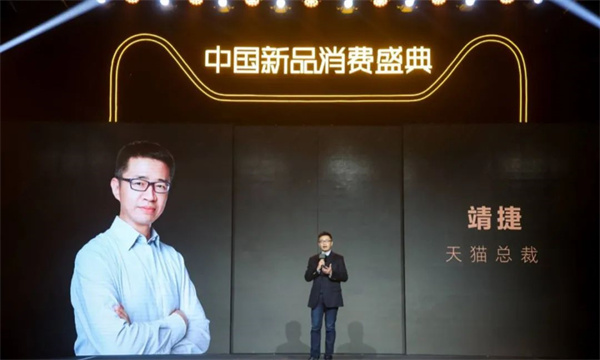
The announcement shows that from October 10, 2022, Jingjie officially replaced Ms. Lin Bibao as the new CEO (CEO) of Lee Kum Kee Sauce Group, and completed the handover and transition with Lin Bibao during this period before the end of the year.
In December 2020, Lee Kum Kee announced the appointment of Lam Bibao as CEO. At that time, Lam Bibao had worked at Pepsi for 22 years. This was also the first time Lee Kum Kee appointed an independent CEO of its sauce group.
After one and a half years of office, on June 1, 2022, Lin Bibao voluntarily resigned and decided to leave Lee Kum Kee by the end of this year.
So, this new appointment announcement came.
Since its inception, Lee Kum Kee’s internal personnel structure has been undergoing frequent changes. Therefore, the outside world is interested in Lee Kum Kee's move to change his coach this time, and there is constant discussion. Whether the traditional seasoning industry can be promoted in e-commerce and achieve overtaking in performance is indeed worth looking forward to.
2. The origin of the new CEO
Who is Jingjie? Many people who do e-commerce should know that Laogao E-commerce Club invited him to be a sharing guest at the anniversary celebration, but people who do traditional industries may not be clear.
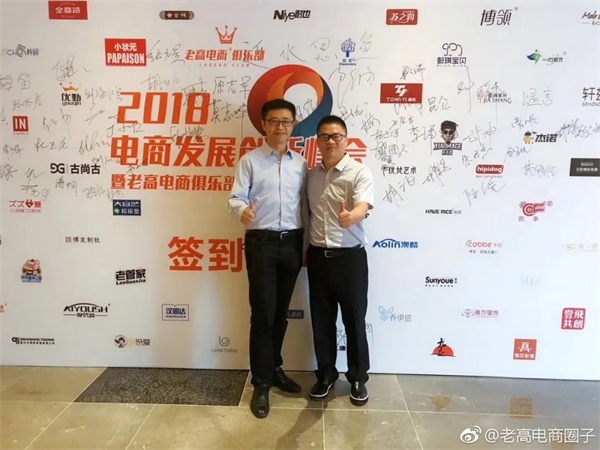
Jingjie and Lao Gao
In June 2015, Jingjie officially joined Alibaba and has held several senior leadership positions at Alibaba Group, including the group's vice president and assistant to CEO, Tmall president and vice president of Tmall marketing, strategic partner development and fast-moving consumer goods. He has also been responsible for Alibaba's major customer department and fast-moving consumer goods business group.
In 2017, Jingjie officially served as the president of Tmall, and then served as assistant to Alibaba CEO Zhang Yong, and served as vice president of Alibaba Group.
When he became the president of Tmall, Alibaba Group CEO Zhang Yong once commented on him:
"Jingjie has rich business experience, has a deep understanding of customer pain points, and can make a clear business strategy based on this. As the squad leader of the Tmall class committee, he has assumed many responsibilities in Tmall organization and has his own unique insights on the establishment of the organization."
In fact, before joining Alibaba, Jingjie had good results in the fast-moving sales product industry.
In 2012, Jingjie joined COFCO Group and served as general manager of brand management and general manager of convenience food. He was responsible for the e-commerce business of China Food Co., Ltd., launched the "non-fried" instant noodles Wugu Taoist, and exceeded 1 billion yuan in sales in 2006.
Earlier in 1998, Jingjie joined the marketing department of Procter & Gamble , serving brand businesses such as Piaorou, Gijie, SK-II, Olay and Pampers, and serving brand operations.
Some media revealed that the recently found relationship between Jingjie and Alibaba was submitted to Red Star Macalline on March 19 , saying that Jingjie resigned as a non-executive director due to personal work adjustments.
Alibaba is a shareholder of Red Star Macalline, and Jingjie has also participated in the board of directors of Red Star Macalline.
In the eyes of the outside world, these rich experiences and achievements accumulated by Jingjie in the field of fast-moving consumer goods are the reasons why Lee Kum Kee chose Jingjie.
3. The 100th anniversary of Lee Kum Kee
There are very few century-old companies in China, but Lee Kum Kee is definitely one of them.
More than 130 years ago, Emperor Guangxu had just become an adult. A young man named Li Jinshang forgot to turn off the fire for cooking oyster sauce because of negligence. He accidentally boiled the oyster sauce. After a simple taste, the brown and sticky oyster sauce was extremely delicious.
Lee Kum Kee Oyster Sauce House was born like this. Today, Lee Kum Kee has grown into a multinational sauce group that sells more than 100 countries and regions around the world.
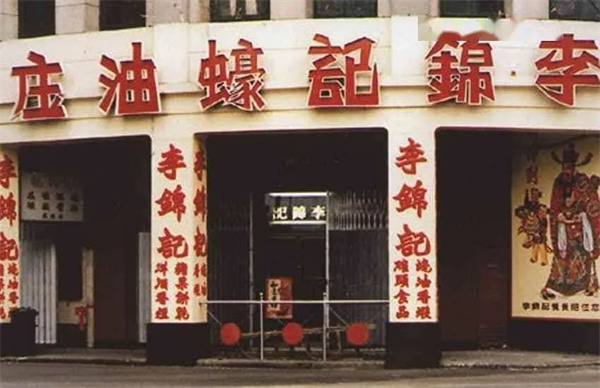
A century of history and a century of ups and downs, Lee Kum Kee has experienced many experiences, both big and small, and some can be said and some forgotten.
There are two major changes in life and life.
In 1972, Li Wenda and Li Wenle, the third son of Li Jinshang, the founder of Lee Kum Kee, Li Jinshang, were in charge of Lee Kum Kee founded by his grandfather by buying shares of his two uncles.
At that time, Lee Wendali launched the affordable oyster sauce "Panda Brand", which entered the mid- and low-end oyster sauce market, and introduced mechanized production, further increasing the production of oyster sauce. Lee Kum Kee Group achieved global business development. At this time, Lee Kum Kee's products were mainly oyster sauce, and more than 200 categories such as soy sauce, soy sauce, XO sauce, and chili sauce were added.
In 1986, Li Wenda and Li Wenle had different views on the future development direction of Lee Kum Kee. The two sides argued to the court, and the final result was that Li Wenda bought out the shares in Li Wenle's hands and ended.
In order to fill the large amount of funds consumed in purchasing shares as soon as possible, Li Wenda founded Lee Kum Kee Health Products Group in 1992 and established the health product brand "Infinitus". In 2018, Infinitus' annual revenue exceeded 20 billion yuan.
Data shows that Lee Kum Kee ranks second in the domestic condiment industry market share ranking, closely behind Haitian Flavor Industry, accounting for about 4.27%. For more than 20 years in the mainland, Lee Kum Kee has maintained a growth rate of more than 25% and has never suffered any losses.
During the past family disputes, Lee Kum Kee clarified his vision - "family continuation, creation of history, and becoming an excellent model of national enterprises" . Therefore, he began to look for the most suitable candidates worldwide to serve as CEOs, including but not limited to family members, and will fully trust and authorize them to provide them with a good stage to play.
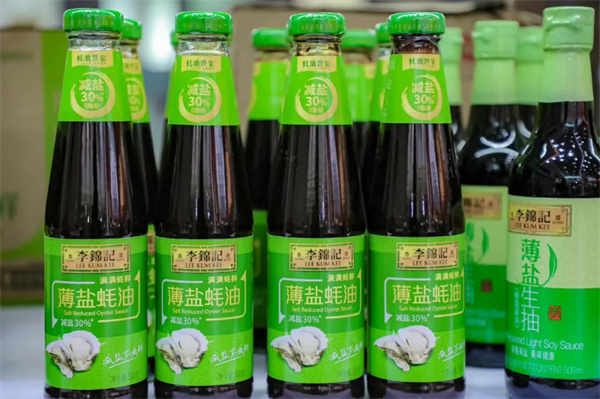
Lee Kum Kee is full of expectations for Jingjie's joining. In the announcement, Mr. Jingjie is deeply engaged in brand operation business, covering shopper marketing, in-store operation digital marketing, CRM and e-commerce, which will bring us rich experience in the digital and Internet technology industry, as well as many food and fast-moving consumer goods companies.
On the road to digitalization, Lee Kum Kee has relatively lagging behind, and it only established an e-commerce team in 2016. In the current environment, Lee Kum Kee, who started out in the traditional seasoning industry, really needs digital innovation and transformation. The arrival of Jingjie may be just like a timely help.
4. The seasoning industry needs e-commerce to break the situation
Affected by the epidemic, the entire catering industry has been hit hard, which has also led to a certain degree of downturn in the condiment industry.
Taking Haitian, the leader in soy sauce, as an example, in 2021, its revenue increased by 9.71% year-on-year and its net profit increased by 4.18% year-on-year. This growth rate is the lowest since its listing.
At the end of last year, Lee Kum Kee issued a notice saying that due to the continued sharp rise in costs of major raw materials, packaging, transportation, etc., the company's main ex-factory prices will be adjusted from 6% to 10%.

Lee Kum Kee & Hai Tian
In the post-epidemic era, catering variables still exist. As consumers' daily consumables, condiments have gone from B-end catering companies to C-end mass consumers. With the growth of material levels, consumers are also pursuing healthier diets.
When the consumption direction of the entire market changes, it becomes imminent to see how brands can reach more consumers through e-commerce and serve more consumers to repurchase.
Data shows that in the next five years, the soy sauce industry will continue to maintain a compound growth rate of about 7%.
Whether Lee Kum Kee, the leader of the condiment industry, can continue to lead and maintain advantages and growth may really have to be done by e-commerce.









![#Laogao E-commerce Newsletter# [E-commerce Morning News on July 25]](/update/1519779573l517616211.jpg)
![[Taobao Operation] How to fill the "pits in details page design"?](/update/1531789193l955588158.jpg)
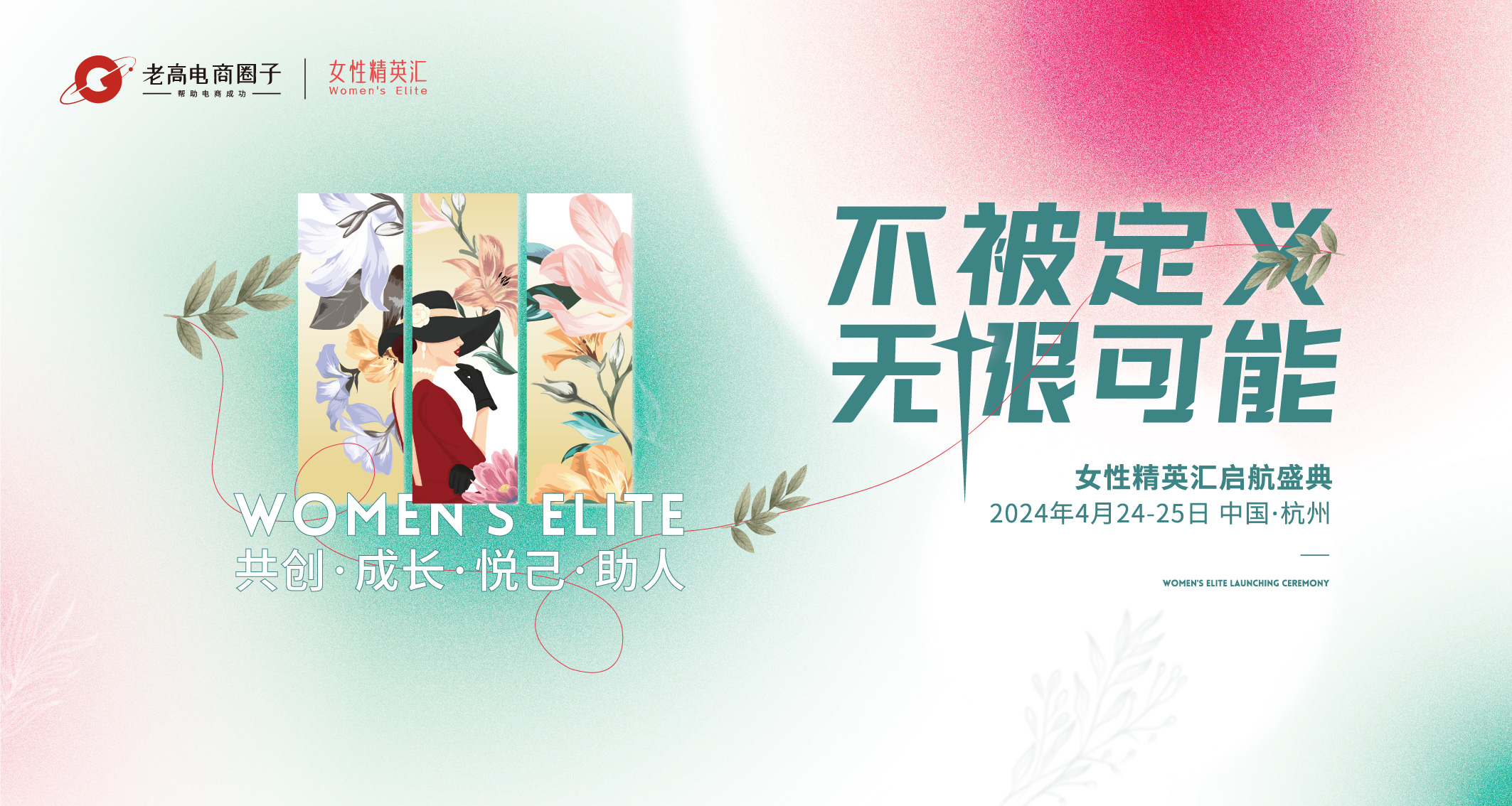
 EN
EN CN
CN
